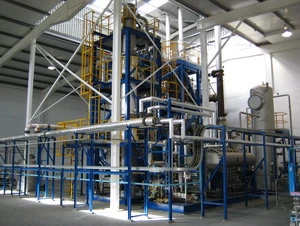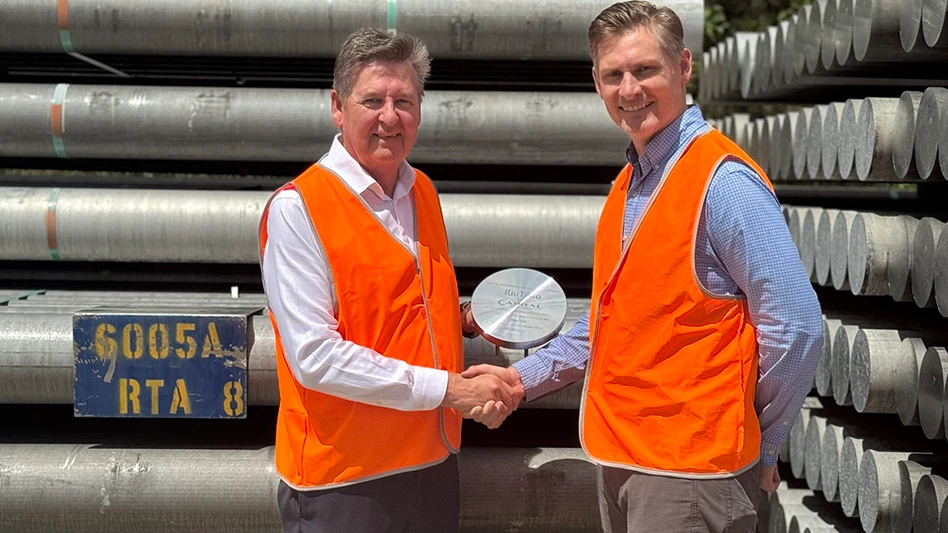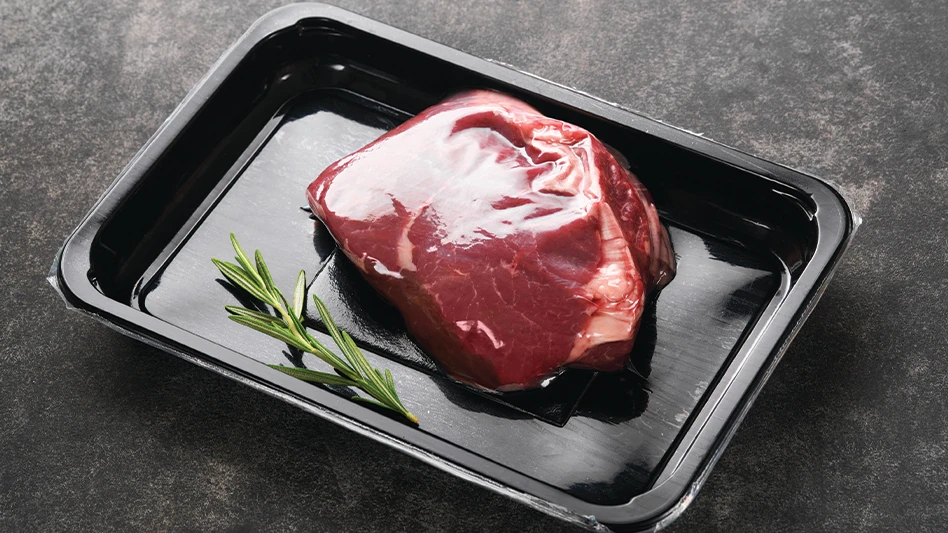
SITA UK, a subsidiary of the French waste management firm Suez Environnement, has signed a technology agreement with Cynar Plc to build a facility in the United Kingdom that will recycle end-of-life plastic scrap into diesel fuel.
According to a Suez Environnement announcement, the objective is to build 10 plans in the U.K. that will handle a total of 60,000 metric tons of mixed plastic scrap per year. The goal is to commission the first plant in London by the end of 2011.
Cynar, based in the United Kingdom, has developed a conversion technology process that converts various types of scrap plastics into fuel.
SITA UK says that it plans to build two to three plastic-to-diesel conversion plants each year, depending on market conditions. Each facility is designed to convert about 6,000 metric tons of mixed plastic per year that would otherwise be landfilled.
Suez Environnement’s venture fund Blue Orange, along with SITA UK, will provide the financing to build the facilities.
SITA claims that the fuel qualities of the recycled diesel will be on a par with conventional diesel without the need for further refining and therefore suitable for commercial use.
David Palmer-Jones, chief executive of SITA UK, says, “We are delighted to announce this landmark agreement with Cynar, which will see us provide a commercial solution to the environmental challenge of treating waste plastic that can’t be recycled. We aim to build around ten facilities in the first tranche of development that will convert waste plastic into diesel fuel known as end-of-life plastic diesel.”
Michael Murray, CEO of Cynar, says, “We are excited by the prospect of seeing our technology becoming both a manufacturing and mainstream reality and a market first, thanks to today’s transformative agreement with SITA UK. We believe Cynar has found an entrepreneurial partner in SITA UK who can help us ensure that the years of our research will be realized in the near future with vehicles running on plastic-derived diesel, and ensuring that there is a practical commercial benefit derived from dealing with Britain’s growing mixed waste plastic mountain.”
Latest from Recycling Today
- Motion to acquire International Conveyor and Rubber
- Weima America celebrates 25th anniversary
- University of Michigan researchers to assess Michigan’s bottle deposit law
- TOMRA's GAINnext delivers high UBC recovery
- Making recycling work: EPR laws help support a more sustainable future
- Call2Recycle strengthens partnership with Brockville, Ontario
- Symphony Environmental launches biodegradable resin for plastics industry
- Updated: Saica exploring recycled paper mill project in Dayton, Ohio, report says





